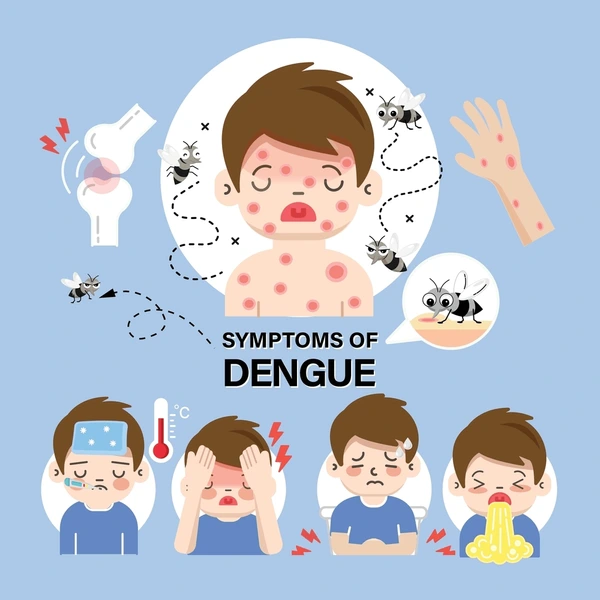24 Hours Nursing Care at Home in Gurgaon: Enhancing Comfort with Whitecoats Clinic
In Gurgaon, the demand for comprehensive 24 hours nursing care at home is steadily rising as families seek personalized healthcare solutions in familiar surroundings. Whitecoats Clinic, a prominent healthcare provider in the region, specializes in delivering professional and compassionate home nursing care services. This blog explores the benefits and services associated with 24 hours nursing care at home in Gurgaon, highlighting the expertise and commitment of Whitecoats Clinic in ensuring optimal care and comfort for patients.
Understanding 24 Hours Nursing Care at Home in Gurgaon
- 24 Hours Nursing Care at Home in Gurgaon: A Holistic Approach
24 hours nursing care at home in Gurgaon involves round-the-clock medical supervision and assistance provided by qualified nurses from Whitecoats Clinic. This service is tailored to meet the diverse needs of patients recovering from surgery, managing chronic illnesses, or requiring continuous medical attention in the comfort of their homes. - Why Choose Whitecoats Clinic for Home Nursing Care?
Whitecoats Clinic stands out for its commitment to delivering exceptional home nursing care services in Gurgaon. Their team of experienced nurses is dedicated to providing personalized care that prioritizes patient comfort, safety, and well-being.
Benefits of 24 Hours Nursing Care at Home with Whitecoats Clinic
- Comprehensive Assessment and Personalized Care Plans
Upon initiation of 24 hours nursing care at home in Gurgaon with Whitecoats Clinic, patients undergo a thorough assessment to identify their specific medical needs and preferences. This assessment forms the basis of a customized care plan designed to optimize recovery and maintain quality of life. - Skilled Nursing Expertise and Support
Whitecoats Clinic employs skilled nurses who are proficient in a wide range of medical procedures and caregiving tasks. From administering medications to managing wound care and monitoring vital signs, their expertise ensures that patients receive competent and compassionate care at all times.
Tailored Medical Services
- Specialized Care for Various Conditions
Whitecoats Clinic offers specialized home nursing care services for conditions such as post-operative recovery, chronic disease management, palliative care, and rehabilitation support. Each service is designed to address the unique needs of patients and promote optimal health outcomes. - Family Involvement and Collaboration
Whitecoats Clinic values the importance of family involvement in the care process. They encourage open communication and collaboration between healthcare providers, patients, and their families to ensure continuity of care and a supportive environment for recovery.
Advanced Technology and Telemedicine Integration
- Remote Monitoring and Consultations
Leveraging advanced technology and telemedicine capabilities, Whitecoats Clinic facilitates remote monitoring of patient health metrics and offers virtual consultations with healthcare professionals. This proactive approach enhances communication, improves care coordination, and provides timely interventions as needed.
Quality Assurance and Patient Satisfaction
- Commitment to Excellence
Whitecoats Clinic is dedicated to maintaining high standards of care and ensuring patient satisfaction. They regularly evaluate service quality, gather feedback from patients and families, and implement continuous improvements to enhance the overall home nursing care experience.
Cost-Effective and Convenient Healthcare Option
- Affordable and Accessible Care
Opting for 24 hours nursing care at home in Gurgaon through Whitecoats Clinic offers a cost-effective alternative to prolonged hospital stays. It reduces healthcare expenses while providing personalized, high-quality care in a comfortable and familiar setting.
Conclusion: Choosing Whitecoats Clinic for 24 Hours Nursing Care at Home in Gurgaon
Whitecoats Clinic exemplifies excellence in delivering 24 hours nursing care at home in Gurgaon, ensuring patients receive comprehensive and compassionate healthcare services. By selecting Whitecoats Clinic, families can rest assured that their loved ones are in capable hands, receiving dedicated support from skilled nurses committed to their well-being. Embrace the convenience and comfort of home nursing care with Whitecoats Clinic, fostering healing, independence, and peace of mind for patients in Gurgaon.











